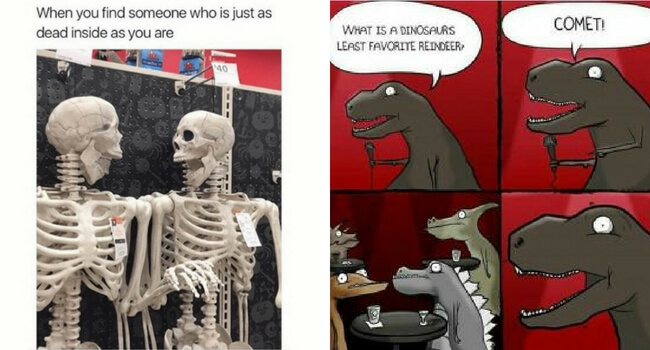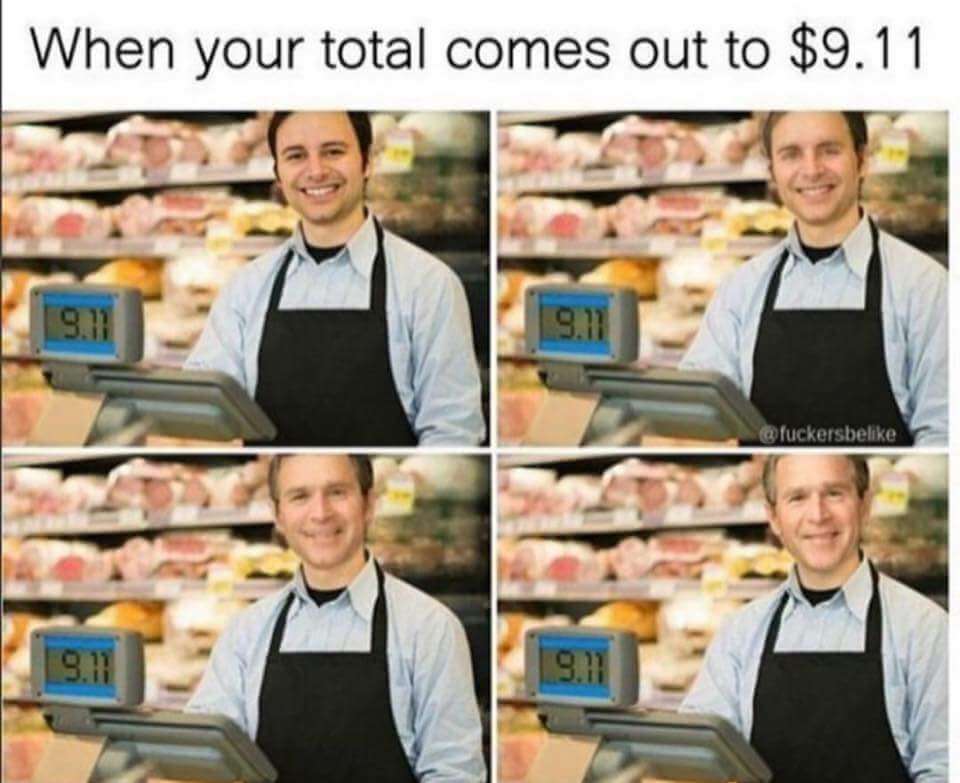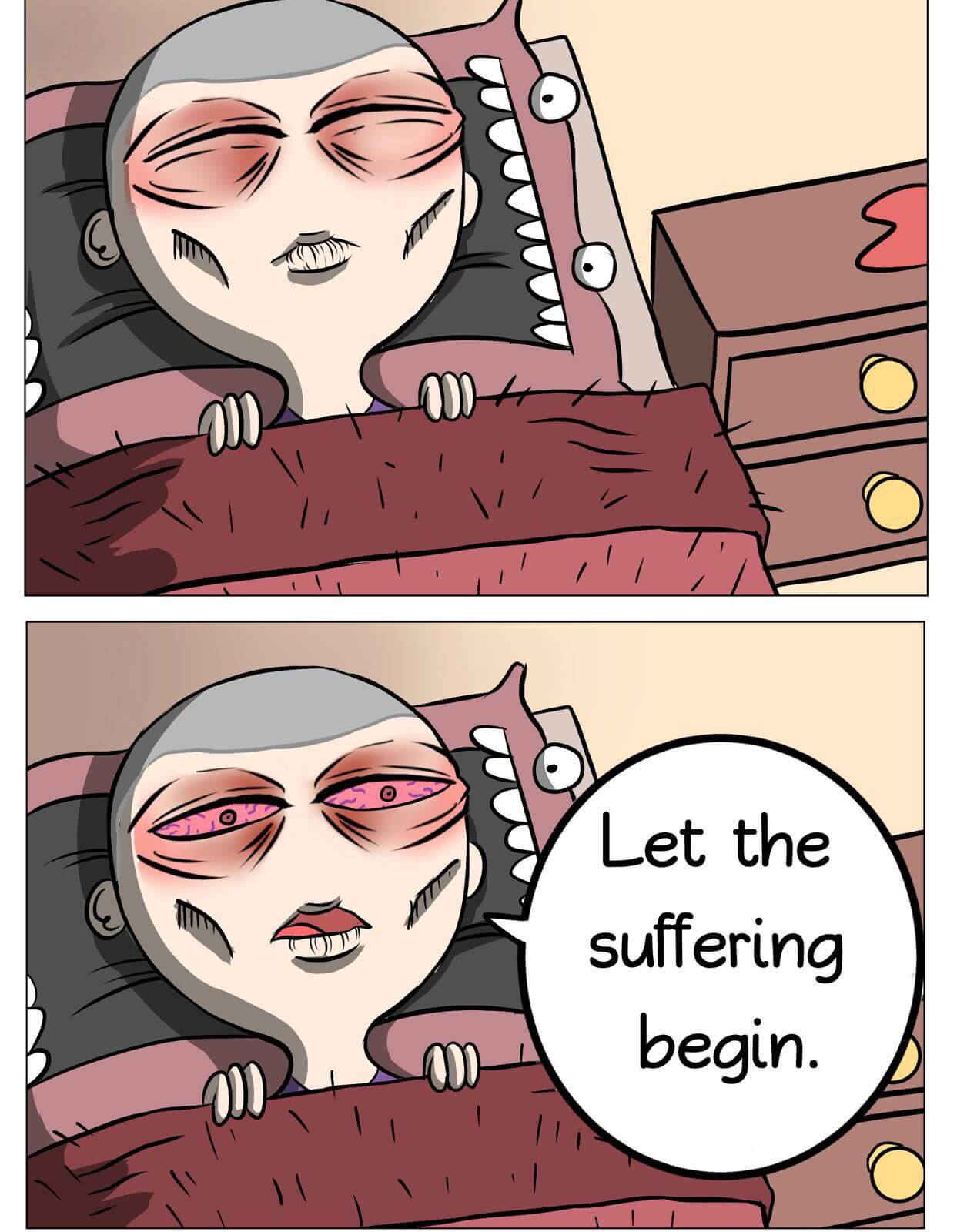In the vast and often perplexing landscape of internet culture, few phenomena are as intriguing and polarizing as dark humor memes. These digital artifacts, often deceptively simple in their presentation, delve into the most sensitive, tragic, and taboo subjects imaginable, from death and disaster to societal inequalities and personal suffering. Yet, despite their controversial nature, dark humor memes have carved out a significant niche, resonating with millions who find solace, connection, or simply a moment of morbid amusement in their shared, often uncomfortable, laughter. This deep dive explores the intricate world of dark humor memes, examining their origins, psychological underpinnings, societal impact, and the unspoken rules that govern their creation and consumption.
Understanding dark humor isn't just about identifying a joke; it's about peeling back layers of human psychology and cultural norms. Why do we, as a collective, sometimes find levity in the gravest of situations? Is it a coping mechanism, a form of social commentary, or something more complex? As we navigate the digital spaces where these memes thrive, from niche subreddits to viral social media feeds, it becomes clear that dark humor memes are more than just fleeting trends; they are a fascinating reflection of our anxieties, our resilience, and our often-contradictory relationship with the darker facets of existence.
Table of Contents
- What Exactly Are Dark Humor Memes?
- The Psychology Behind the Laughter: Why Dark Humor Resonates
- The Fine Line: Dark Humor vs. Malice and Offense
- The Cultural Kaleidoscope of Dark Memes: Global and Local Nuances
- Where Do Dark Memes Thrive? Online Communities and Their Unwritten Rules
- The Evolution of a Meme: From Concept to Viral Sensation
- Navigating the Digital Landscape: Ethics, Responsibility, and Intent
- The Future of Dark Humor Memes: AI, Evolving Sensitivities, and Beyond



